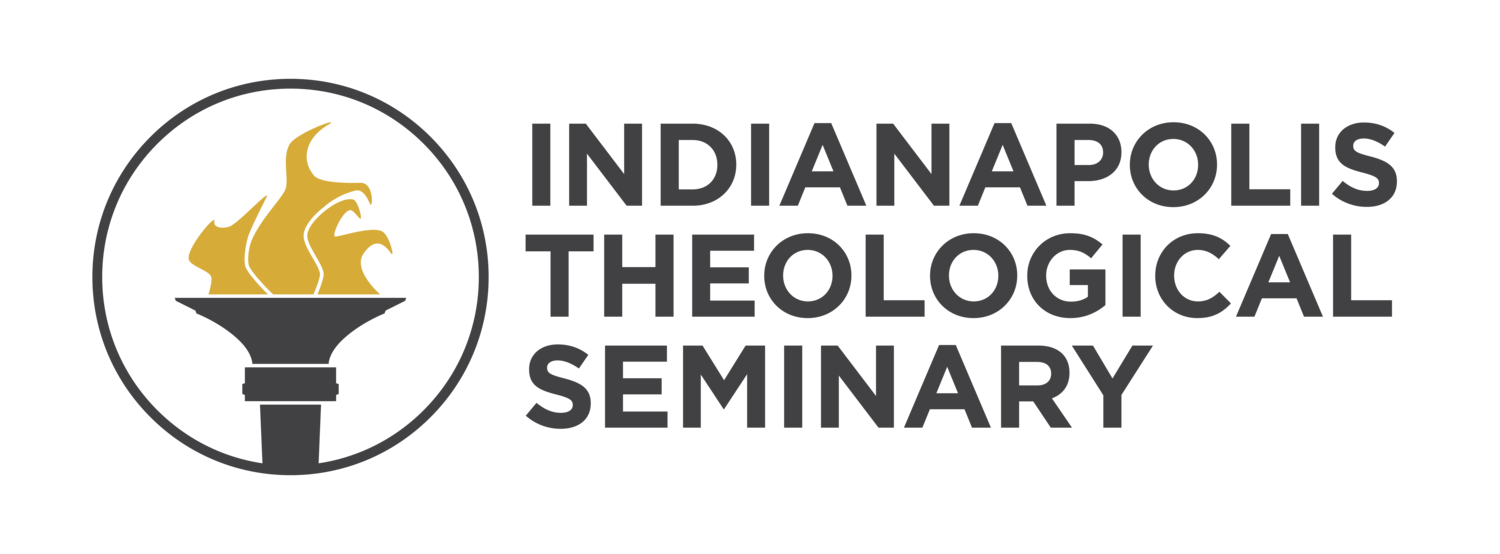A Radical Idea: Bibles in the Common Tongue
May, 2021 marks a monumental anniversary. Five hundred years ago this month Martin Luther did something so revolutionary that its effects are felt all over the world—no exaggeration—to this very day. He started his most radical work, the one that above all else was the most dangerous, unleashing on the world a fire of ideas that still grows and burns out of control. In May 1521 Martin Luther sat down to translate the New Testament into his mother tongue, German. This is surely the most extreme and daring thing he did. To stand up to popes and emperors, to face the charge of heresy in death-defying ways was brave, and the way legend most remembers him (quite literally, he defied death with every stand he took; he was a marked man). And that is all well and good to remember him that way. In fact, Christian leaders would do well to look to the miner’s son as a motivating example of conviction and bravery in times of gospel-opposition. Yet, with all his writings, sermons and speeches none were as pioneering as putting God’s word in more people’s hands. Just look at what has happened since that time. Not only did the Bible get published into German, but it started a trend: other vernacular translations quickly followed. The “Tyndale Bible” was published a little over a decade later. Equally, Sunday services were also moved into German, French, English, and so on. Theological books were subsequently published in the lingua franca as well. And it has been so ever since.
Now just think about that for a moment. How many times have you read the Bible in English? How many times have your family and friends done the same? How many worship services have you gone to and heard the Word of God preached in English? In how many Sunday School classes have your children heard the stories of Moses, Elijah, Jesus and Paul in English? How many Christian books have you read in English? Then multiply that by how many Christians there are the world over, and multiply that by 500 years and you know a little bit more about what Paul meant by “the word of the Lord is ringing out” (1 Thess 1:8). The effect of Martin Luther’s groundbreaking and trendsetting Bible translation was to move the entire world of theological discourse from the dead Latin to the living languages of Europe, and in turn it wreaked havoc on the traditions and wisdom of man.
Now I say this is the most dangerous action Luther took because once you give a Bible to someone, you have no idea what will happen! It’s out of your control. The Word of God is living and active. It is a fire! Once it lights an ember in someone’s soul the potential for personal, communal and even worldwide change needs but a little oxygen.
So if you have a Bible in your native language, if you heard the gospel in clear, comprehendible prose, if you have been edified by understandable sermons in in your life, then praise God! Give thanks, this month in particular, that you live down stream from Luther’s audacious little act. He, and many with him (Tyndale, in fact, was martyred), started this cultural and theological cascade so that now most people don’t even have to think about it; they just read their English Bible in peace, read book, blogs, and tweets full of the Word of God, and enjoy sermons and songs in their native language every week. And the upshot is the advancement of the gospel and missions and sanctification.
In every way imaginable, ITS is the fruit 500 years later from that initiative. Luther stood up to popes and emperors because of his conviction that the Bible is God’s word to humanity, and it is clear, and it is the final judge over matters of life and doctrine. Thus, the people of God should have it and hear it and learn it and believe it. That set of convictions, 500 years later, is laced through everything we do at ITS. We, therefore, praise God for raising up “the little monk” and in turn giving us an accessible Bible, and accessible worship, and accessible theological discourse.
To close, while we are thinking about Martin Luther, I have to recommend a new Podcast by Ligonier Ministries called Luther in Real Time. It is an audio dramatization of Martin Luther’s life from October 10, 1520 to May 5, 1521. In 30 episodes (each one no more than 9 minutes) you can hear the drama and significance of the major events in Luther’s life from the day he received the papal bull excommunicating him, to the day he delivered his famous “Here I Stand” speech. In fact, the series ends with Luther putting pen to paper translating the Bible. And I must say, it is good. Really good! Thoroughly captivating! A deft navigation between the political dynamics and the theological doctrines at stake. I can’t recommend it enough. I hope you’ll check it out. And I hope you’ll celebrate with me the 500th anniversary to the month Martin Luther took his boldest step: putting in process the events that would lead to the worldwide publication of Bibles in the language of every tongue, tribe, people and nation.
Luther’s translation of Matthew 1:1 into the common tongue 500 years ago this month, was the first pebble in a landslide that brought the Word of God to the people of God. So the next time you read your English Bible, say a little word of thanks to God for Herr Doktor Luther.
Dr. Piotrowski is the President and Academic Dean at Indianapolis Theological Seminary. For more on Martin Luther, see our first ITS blog ever.


